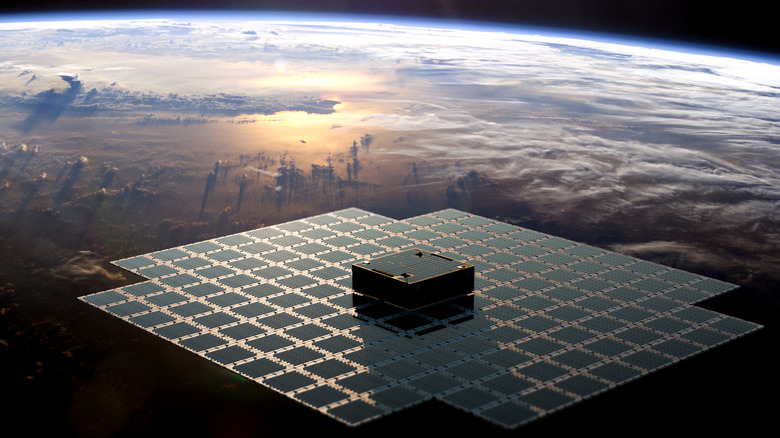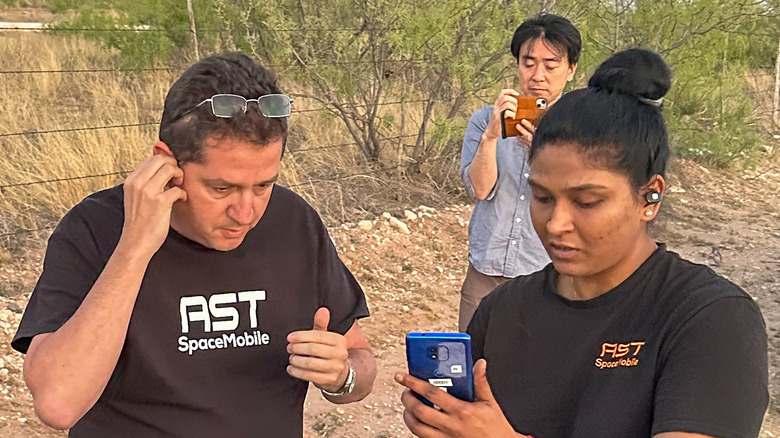AST SpaceMobile, AT&T Complete First 'Space-Based' Call Using Unmodified Smartphones
AST SpaceMobile has announced that it's completed the first-ever space-based voice call directly to an unmodified smartphone using the BlueWalker 3 (BW3) satellite. The low earth orbit satellite is the largest commercial communications satellite in deployment today.
In partnership with AT&T, the initial test call was made using an unmodified Samsung Galaxy S22 smartphone. The call originated from Midland, Texas to a Rakuten line in Japan, and AT&T offered its cellular airwaves for the cause. Vodafone and Rakuten were also instrumental in the achievement.
"Achieving what many once considered impossible, we have reached the most significant milestone to date in our quest to deliver global cellular broadband from space," said Abel Avellan, Chairman and Chief Executive Officer of AST SpaceMobile. "While we take a moment to celebrate this tremendous accomplishment, we remain focused on the path ahead and pivotal next steps that get us closer to our goal of transforming the way the world connects."
According to Midland-based AST, its goal is to enable reliable communications to underdeveloped areas that have trouble building land-bound infrastructure for broadband cellular networks.
What's the end game for AST?
In addition to calling and messaging, AST eventually aims to deliver data at speeds up to 5G, all beamed from space. Around 50% of the earth's population doesn't have proper access to the newest standards as is. Much of that figure accounts for the people scattered throughout third-world countries; where funding, manpower, and adjacent prerequisite infrastructure can be hard to come by. Even in developed nations like the United States, there are large dead zone pockets that disrupt data and voice access for miles.
Such developments would close significant gaps, potentially at much less substantial deployment and maintenance costs compared to traditional networks. How long it'll take AST to bring this dream to fruition is unclear. While AT&T raced to be the first carrier in the U.S. to hop aboard this specific journey, it isn't alone in this cellular space race. Verizon previously partnered with Amazon to facilitate satellite-driven access through Project Kuiper, which aims to deliver broadband satellite internet for homes.
Amazon recently announced that it has finalized Project Kuiper's hardware designs for consumer-oriented receiver antennas that will be offered to rural residents and enterprise partners. Cellular access would be a game-changing wrinkle, but considering how long it's taken to develop the underlying technology, we could be several years out from seeing that.

